Bristol Soap
If you are a fan of soap, you might be interested in learning more about Bristol's soap making history. Bristol is a city in England that has a long and rich tradition of producing soap, dating back to the Middle Ages. In this blog post, I will share with you some of the highlights of this fascinating story, and how Bristol became one of the leading soap manufacturers in the country.
Bristol's soap making history
Bristol's soap making history began in the 12th century, when a monk named Richard of Devizes wrote that "In Bristol there is no one who is not, or has not been, a soap boiler". Soap was a valuable commodity at the time, as it was used for washing clothes, dishes, and people. Soap was made from ashes, animal fat, and various oils, such as olive oil, which was imported from Spain. Bristol had a strategic location on the River Avon, which allowed it to trade with other countries and regions.
One of the most famous soap makers in Bristol was Samuel Fripp, who established his company in 1745 with Henry Davis. The company went through many name changes and partnerships over the years, but it always remained a family business. In 1783, the company expanded to Broad Plain, in the St Philip’s area of Bristol, on the east side of the River Avon. By the 1820s, Bristol was once again one of the country’s leading soap manufacturers. Its annual soap output of approximately 3600 tons was surpassed only by Liverpool (8500 tons) and London (15,000 tons).
The Broad Plain complex became an iconic landmark in Bristol, thanks to its distinctive design by William Bruce Gingell. He based his design on a trip to Italy, and created a building that resembled the Tower of Palazzo Veccio, the great Town Hall of Florence. The building was an example of the Bristol Byzantine style, which combined elements of Gothic and Moorish architecture. The building also featured a large clock tower and a statue of Britannia on top.
The soap industry in Bristol faced many challenges and changes over the years, such as competition from other cities, taxation by the crown, technological innovations, and social movements. However, it also contributed to the economic and cultural development of the city, as well as to the hygiene and health of its people. Soap making was not only a business, but also an art and a science.
Soap that aligns with Bristol's values
Bristol is a city that values sustainability, diversity and creativity. It is home to many vegan and vegetarian restaurants, cafes and shops, as well as a vibrant community of artists, activists and innovators. Bristol is also known for its green initiatives, such as the Bristol Green Capital Partnership, which aims to make Bristol a low carbon city with a high quality of life for all. Bristol has been awarded the European Green Capital Award in 2015 and the UNESCO City of Film status in 2017.
Vegan and cruelty free natural soap aligns with Bristol's ethos because it reflects the city's commitment to environmental and social justice. By choosing vegan and cruelty free natural soap, you are supporting local artisans who use ethical and organic ingredients, reducing your plastic waste and carbon footprint, and showing compassion for animals and the planet. You are also treating yourself to a luxurious and nourishing experience that will leave your skin feeling soft, smooth and refreshed.
If you want to learn more about Bristol's soap making history, you can visit some of the museums and archives that preserve and display some of the artifacts and documents related to this topic. You can also try making your own soap at home, using natural ingredients and traditional methods. You might be surprised by how much fun and rewarding it can be!

